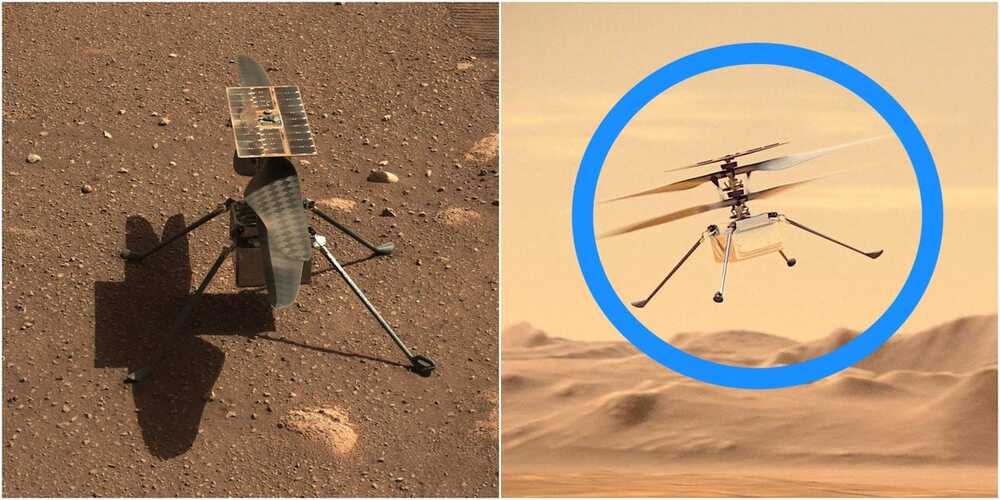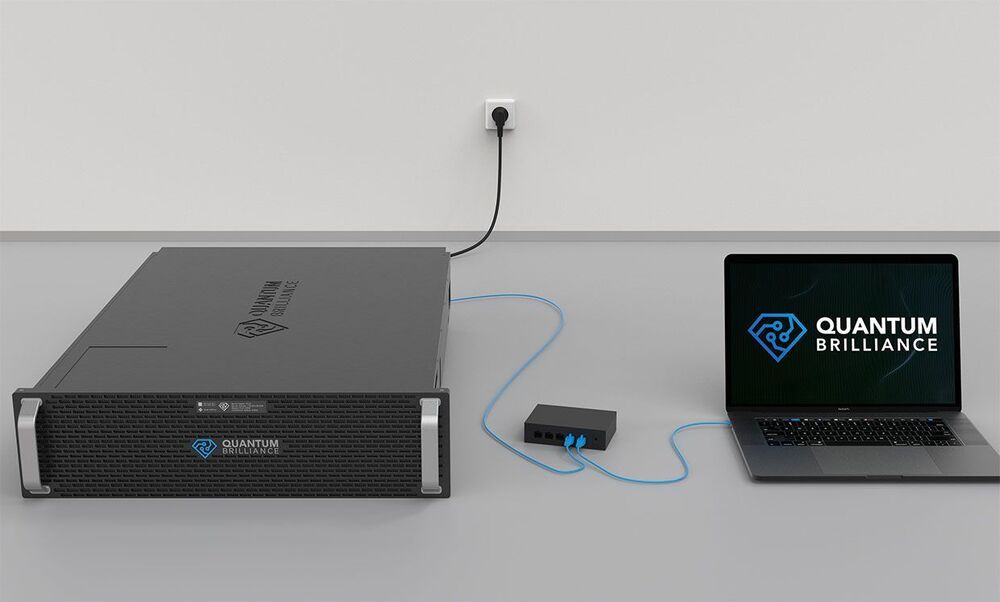So far, it seems like it’s been the worst week of the year for social media platforms in terms of data leaks, with Clubhouse seemingly joining the fray.
Days after scraped data from more than a billion Facebook and LinkedIn profiles, collectively speaking, was put for sale online, it looks like now it’s Clubhouse’s turn. The upstart platform seems to have experienced the same fate, with an SQL database containing 1.3 million scraped Clubhouse user records leaked for free on a popular hacker forum.
We reached out to Clubhouse in order to confirm whether the leaked database was genuine and whether Clubhouse was aware of any breach to their systems. As of the time of writing this report, we did not receive a reply from the company.






